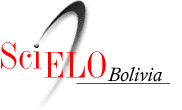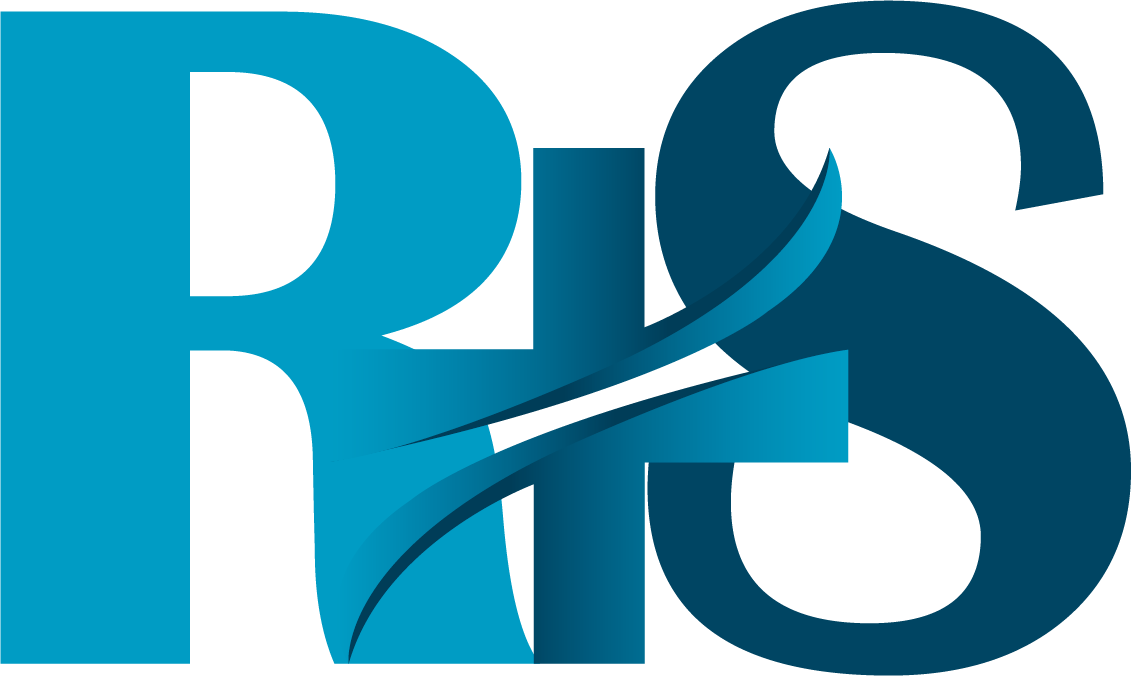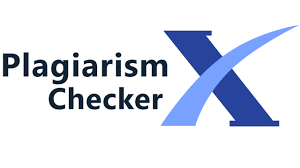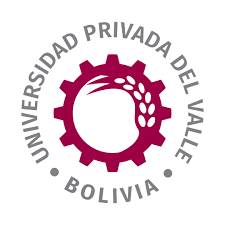About the Journal
Focus and Scope
Revista de Investigación e Información en Salud is a scholarly peer-reviewed Open Access journal. It aims to publish studies in Medicine, Dentistry, Biochemistry, Pharmacy, Physiotherapy, Kinesiology and Medical-Surgical Nursing. Revista de Investigación e Información en Salud takes into account for submissions research studies, clincal case studies, systematic reviews, reflection papers, state-of-the-art reviews, letters to editors and conjuctural analyses.
Peer Review Process
The submission will be assesed by the section editor. The author must send supplementary information (databases, etc.) as evidence of the results published in the study. The section editor will ask the author to do the corrections fixing errors and improving the manuscript.
Once the submission has been corrected, the double-blind peer-review process will start. The submission will be evaluated by a peer-reviewer who is an expert on the field of the study. The peer-reviewer will carry out an in-depth review of the study. The peer-reviewer will request the author to carry out corrections to improve the manuscript.
The peer-review process will finish when the peer-reviewer provides a decision to recomend the publication of the study. The editor has the right to take into consideration the decision of the peer-reviewer.
Open Access Policy
This journal provides immediate open access to its content on the principle that making research freely available to the public supports a greater global exchange of knowledge. Therefore, all the contents of the journal are freely accessible and are published under a Creative Commons Attribution 4.0 International License
Publication frequency
Revista de Investigación e Información en Salud is published semi-annually. The issues are published at the end of June and December.
Plagiarism and originality report
All submissions will be assessed on Turnitin in order to detect plagiarism. The journal accepts submissions with no more than 25% of plagiarism. If the manuscript has a plagiarism report more than 25%, the authors will have the opportunity to reduce it and resubmit the work to the journal
Publication Ethics and Publication Malpractice Statement
The publication of an article in Revista de Investigación e Información en Salud is a process of permanent knowledge improvement. The journal encourages open publishing digital articles. Additionally, it considers its duty to promote the transmission of scientific knowledge, ensuring its rigor and quality, under the ethical commitment of the scientific and academic communities. The protocols and guidelines described make reference to the Code of Conduct for editors of scientific journals that established the Committee on Publication Ethics (COPE).
Duties and responsibilities
Revista de Investigación e Información en Salud is committed to:
• assuring the quality of the scientific material published
• guaranteeing freedom of expression
• maintaining the academic integrity of the content, ensuring that the published material follows internationally accepted ethical norms
• publishing corrections, clarifications, retractions and apologies when needed
Obligations of authors
Authors must guarantee the authorship of the documents presented. Authorship corresponds to those who have made a significant contribution to the work. If the work has significant contributions from more than one author, these contributors should appear as co-authors.
Authors must provide contact information in order to facilitate communication with other researchers in relation to their published work. This contact information will appear with the published work.
Originality and plagiarism
Authors must ensure that they have obtained permission to publish any materials presented in their work, as well as having exercised the right to quote other author´s work.
Those manuscripts in which plagiarism is detected will be rejected. Likewise, an author should not submit originals to describe essentially the same work as previously published.
Peer review process
The decision of the editorial board to accept or reject a paper for publication is based only on the importance of the work, originality and clarity, as well as the relevance of the study in relation to the editorial.
Any material submitted for publication will be considered confidential while under review, and, in the case of rejection, no evaluator can publish the original.
The evaluators’ identities must be protected at all times, ensuring their anonymity.
Complaints
Revista de Investigación e Información en Salud should respond promptly to complaints. In any case, if the individuals involved are unable to satisfy their claims, they have the right to raise their protests to higher authorities.
Protecting individual data
Revista de Investigación e Información en Salud guarantees the confidentiality of individual information. It is the authors’ responsibility to obtain authorizations to publish images and trademarks used in their work, and any other personal data (e.g. age, sex, social status of study participants).
Monitoring malpractice
Revista de Investigación e Información en Salud accepts the obligation to act accordingly in cases of suspected malpractice or misconduct. Any manuscripts that raise questions about possible misconduct will be rejected.
Revista de Investigación e Información en Salud will make every reasonable effort to ensure that the manuscripts submitted for evaluation are rigorous and ethically appropriate.
Integrity and academic rigor
Any time a published article is suspected of containing major misstatements or misleading or distorted information, it must be corrected immediately.
Any manuscript whose content is found to be fraudulent will be removed immediately from the indexing systems and it will not be available for reading.
Complaints
Any author, reader or reviewer may send complaints by email to Revista de Investigación e Información en Salud: revistariis@univalle.edu
Cookie policy
Cookies
To make this site work properly, we sometimes place small data files called cookies on your device. Most big websites do this too.
What are cookies?
A cookie is a small text file that a website saves on your computer or mobile device when you visit the site. It enables the website to remember your actions and preferences (such as login, language, font size and other display preferences) over a period of time, so you don’t have to keep re-entering them whenever you come back to the site or browse from one page to another.
How do we use cookies?
A number of our pages use cookies to remember:
- Your display preferences, such as contrast colour settings or font size
- If you have already replied to a survey pop-up that asks you if the content was helpful or not (so you won't be asked again)
- If you have agreed (or not) to our use of cookies on this site
Enabling these cookies is not strictly necessary for the website to work but it will provide you with a better browsing experience. You can delete or block these cookies, but if you do that some features of this site may not work as intended.
The cookie-related information is not used to identify you personally and the pattern data is fully under our control. These cookies are not used for any purpose other than those described here.
How to control cookies?
You can control and/or delete cookies as you wish – for details, see aboutcookies.org. You can delete all cookies that are already on your computer and you can set most browsers to prevent them from being placed. If you do this, however, you may have to manually adjust some preferences every time you visit a site and some services and functionalities may not work.


















